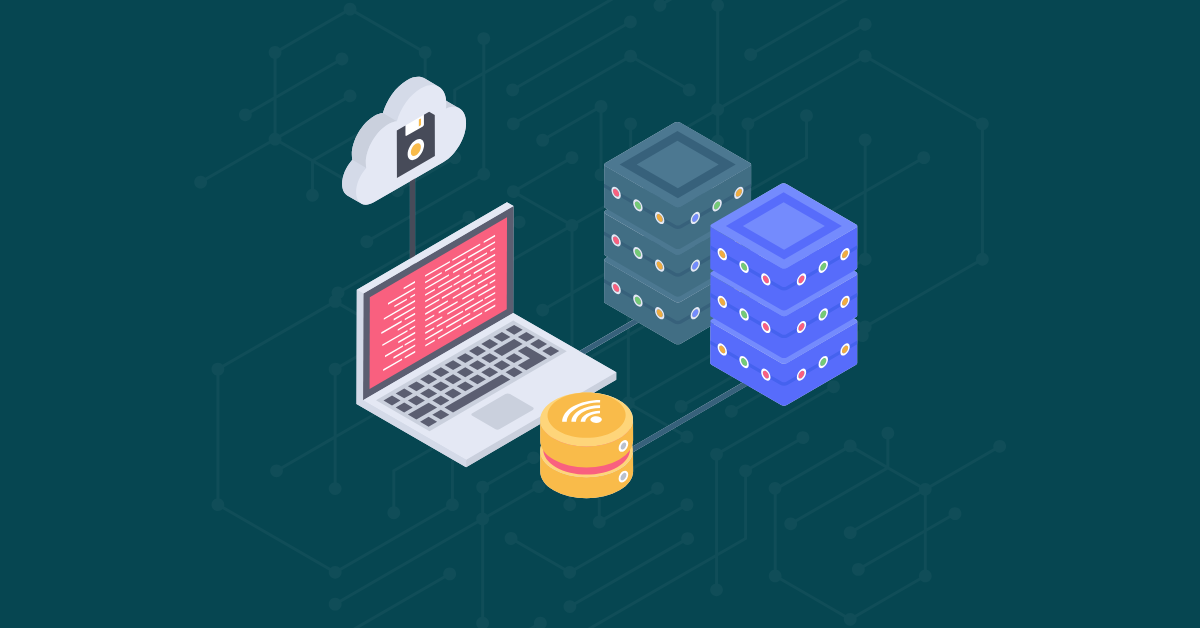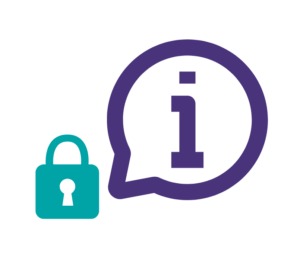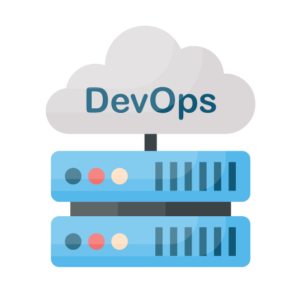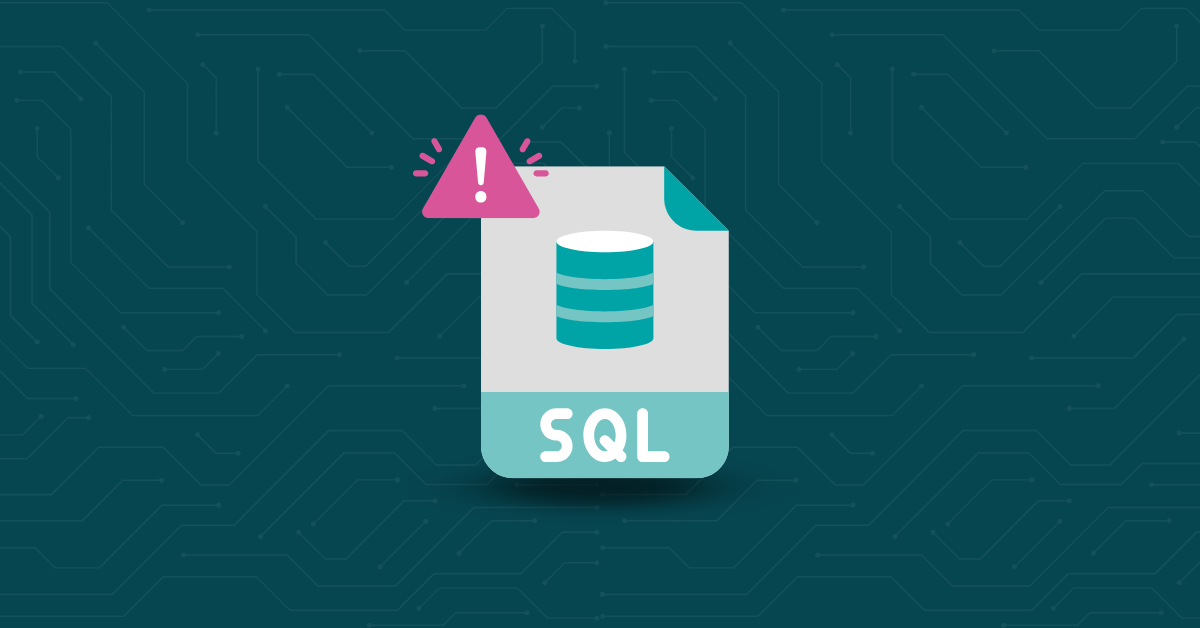The world of digital security is constantly evolving, and staying up to date can be overwhelming. It seems there is a never-ending list of terms and new ideas to keep track of. In recent years, DevSecOps, InfoSec, and DevOps have all become buzzwords in security-related conversations. Therefore, organizations must have a basic understanding of the differences between these disciplines to ensure their security infrastructure is properly managed and maintained. But what do these terms mean, and what are their key distinctions?
This blog will provide an overview of these three divisions, exploring their main focuses and the industries that can most benefit from investing in them.
InfoSec
InfoSec or Information Security is a form of cybersecurity that deals with protecting data and other digital assets. According to Microsoft, InfoSec encompasses physical and environmental security, access control, and cybersecurity. It involves procedures, plans, and technologies to protect digital information from threats like malicious software, viruses, and cyberattacks. These include:
- Application security (AppSec) ensures that applications are secure and protected against external threats. This includes using authentication and authorization, as well as encryption.
- Infrastructure security focuses on protecting physical and virtual networks, tools, and systems. This includes network firewalls, intrusion detection systems (IDS), and other technologies that protect data from external threats.
- Cloud security protects information stored in the cloud from unauthorized access and manipulation. It also includes identity management, data encryption, and regular audits.
While InfoSec is useful for any industry, it is especially crucial for businesses that handle significant amounts of customer information and sensitive data. This includes organizations like healthcare providers, financial institutions, and e-commerce sites, which can benefit greatly from implementing InfoSec measures.
Benefits of InfoSec
Investing in InfoSec is essential for any organization that wants to protect its digital assets. Some of the benefits include:
- Improved security. Properly implemented InfoSec measures can help businesses reduce the risks of data breaches and keep their information safe from external threats.
- Reduced costs. Investing in InfoSec can help organizations reduce the costs associated with data breaches and lower the money needed to repair any potential damages.
- Increased customer trust. By implementing InfoSec measures, businesses can prove that they take customer security seriously, thus increasing customer trust in their organization.
- Better compliance. By adhering to industry regulations, businesses can stay compliant and avoid potential legal consequences.
DevOps
DevOps combines software development, operational processes, and engineering methods, enabling organizations to develop and deploy applications faster. It focuses on collaboration and automation to streamline the development process from idea conception through coding, testing, and deployment. This approach is becoming increasingly popular in organizations that want to increase their agility and reduce the time it takes to launch new applications.
According to Amazon, the key components of DevOps include:
- Continuous integration: Code is consistently and regularly merged from multiple developers into the main branch of a project. This helps eliminate errors and reduce the time it takes to push updates.
- Continuous delivery: Enables frequent and automated deployments of applications to production. This allows organizations to quickly roll out changes without manually deploying each update.
- Continuous monitoring: Involves collecting and analyzing application data to identify potential issues. This helps ensure an application runs as expected and allows organizations to adjust their processes.
- Continuous feedback: Feedback from users and customers is continuously collected and incorporated into the development process. This allows organizations to quickly identify potential areas for improvement and update their applications accordingly.
DevOps is ideal for organizations that need to quickly deploy applications and keep up with the pace of innovation. This could include software development firms, digital agencies, and startups that must be agile to stay competitive.
Benefits of DevOps
Implementing DevOps can help organizations speed up their development process and increase their agility. Some of the key benefits include:
- Faster application delivery: By automating the deployment process, organizations can quickly and regularly push updates without manually deploying each one.
- Improved collaboration: DevOps encourages collaboration between developers, operations teams, and other stakeholders. This can help ensure that everyone is on the same page and that there is no miscommunication between teams.
- Better security: Automated processes and regular updates can help reduce potential security risks and ensure an application’s security.
- Increased productivity: By automating manual tasks, organizations can free up resources and focus on more important projects. This can help increase overall productivity and improve overall efficiency.
DevSecOps
The term DevSecOps is a combination of the terms development, security, and operations. According to IBM, the model seeks to integrate security into the software development process. DevSecOps ensures security is embedded into the development lifecycle, allowing development teams to create more secure and reliable applications. This includes using automated tools and processes to detect potential vulnerabilities early on and continuous monitoring and feedback loops. These tools include the following:
- Software composition analysis (SCA) analyzes the open-source components of their applications to ensure they are secure and up to date.
- Static application security testing (SAST) analyzes the source code of an application to identify potential security vulnerabilities.
- Dynamic application security testing (DAST) tests an application while running.
Benefits of DevSecOps
Investing in DevSecOps can help organizations reduce the risks of data breaches and ensure their applications are secure. Some of the key benefits include:
- Improved security: Organizations can ensure the security of their applications from external threats by automating security processes and incorporating security into the development process.
- Faster development: DevSecOps allows organizations to quickly identify and resolve potential security issues, reducing the need for manual tests. This can help them speed up their development process and deploy applications faster.
- Reduced costs: Automating security processes and identifying potential vulnerabilities early on can help organizations reduce the money they spend dealing with data breaches or security issues.
Implement DevSecOps With Kiuwan
DevSecOps is crucial to any organization’s security infrastructure because it integrates security and development into the software development process. By leveraging automated tools such as Kiuwan, businesses can ensure their applications are secure from external threats and up-to-date with the latest industry standards. Kiuwan’s SCA and SAST tools can help quickly detect potential security issues and provide actionable insights to organizations. This allows them to quickly identify and fix potential vulnerabilities, thus reducing the risks of data breaches.
Sign up for a free trial today and see how our DevSecOps tools can help your organization improve its security infrastructure.







